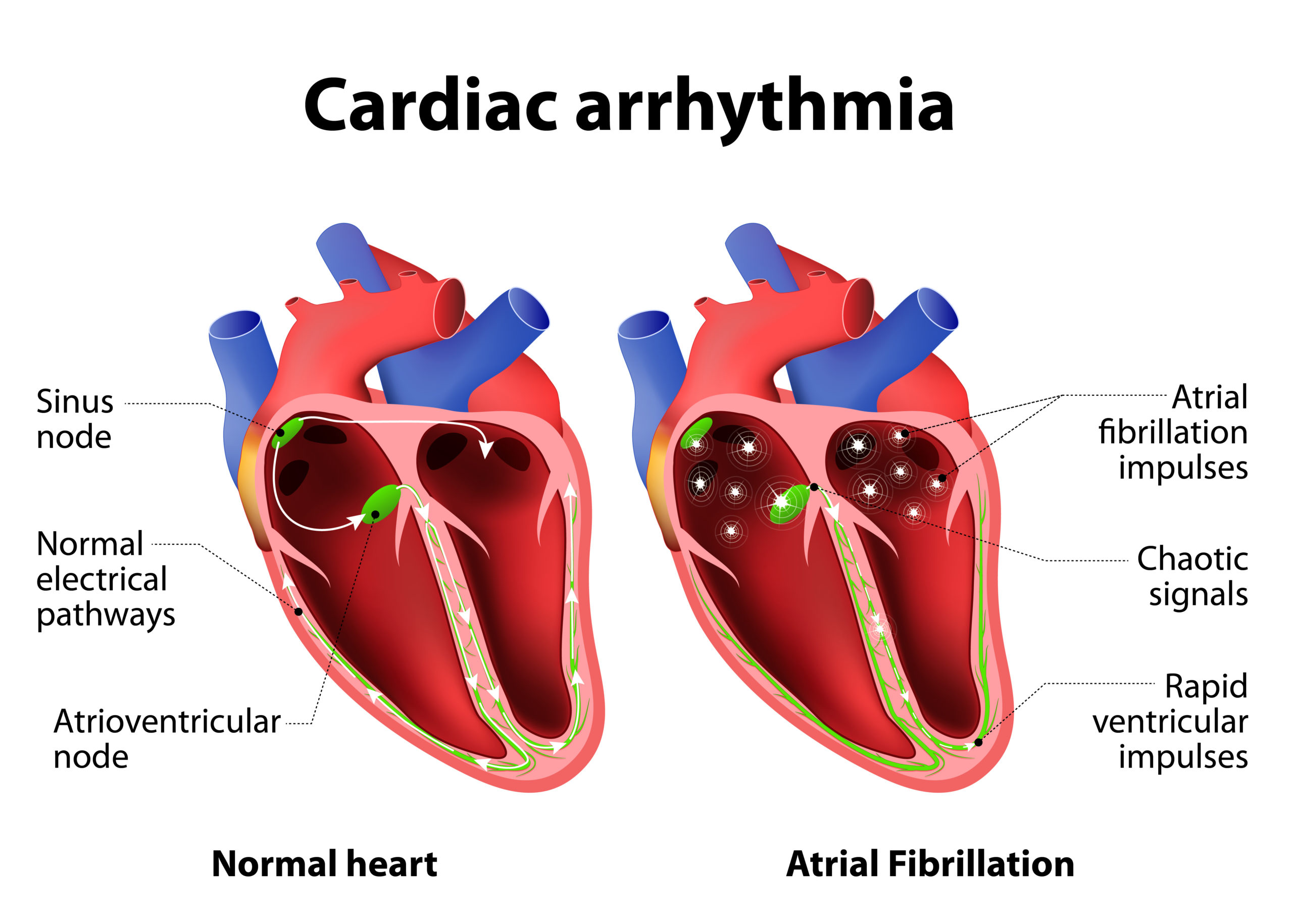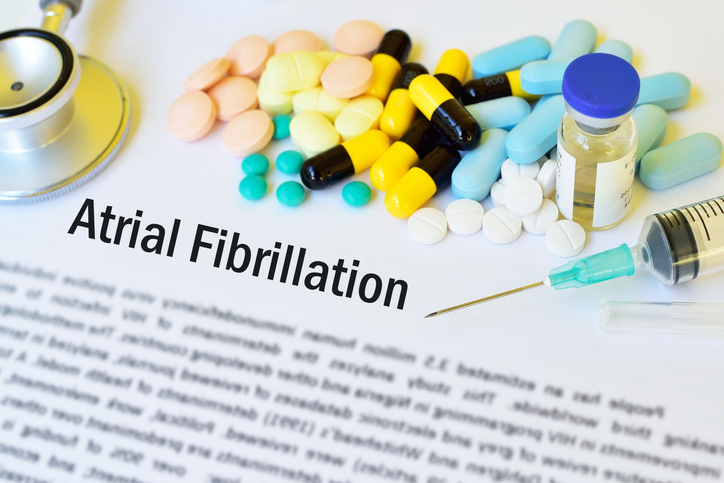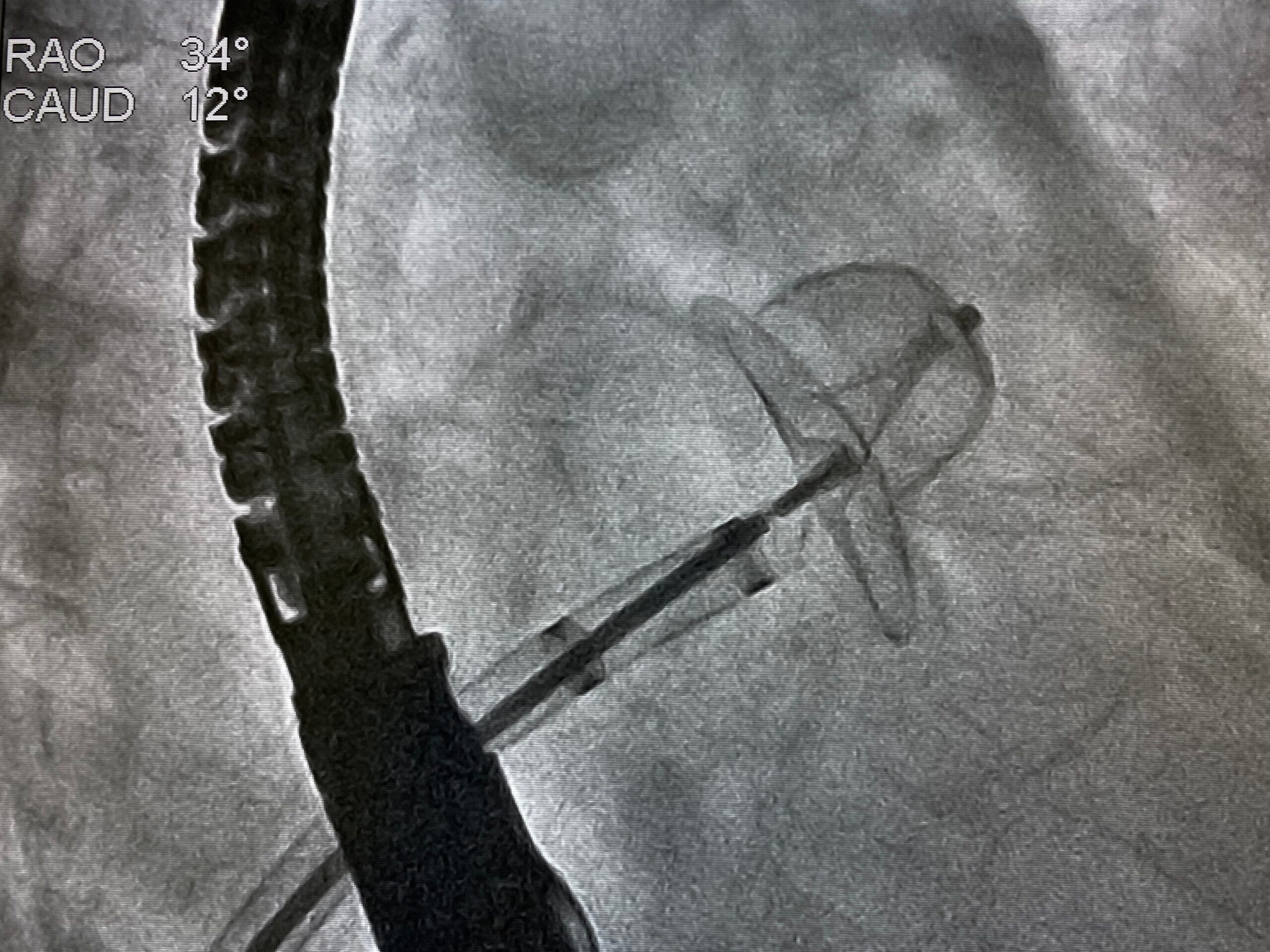
In a study published in European Journal of Heart Failure, researchers concluded that, among patients with heart failure (HF) across the ejection fraction (EF) spectrum, catheter ablation for atrial fibrillation was associated with lower risk of all-cause mortality or first HF hospitalization.
The researchers, led by Gesa von Olshausen, used the Swedish Heart Failure Registry to enroll patients with first-time catheter ablation for atrial fibrillation and compared them to patients with atrial fibrillation who received medical treatment only. The team used Cox regression models to assess the primary composite outcome of all-cause mortality/first HF hospitalization in a 1:2 propensity-matched cohort and in pre-specified EF subgroups (preserved EF [HFpEF; EF≥50%], mildly reduced EF [HfmrEF; EF 40% to 49%], reduced EF [HfrEF; EF<40%]).
Catheter Ablation in Atrial Fibrillation with Heart Failure
The final cohort consisted of 434 patients in the ablation group and 868 patients in the no-ablation group. Over a median follow-up of 2.6 years (range: 0.0-14.1), catheter ablation was associated with reduced risk for the primary outcomes (hazard ratio [HR] 0.78; 95% CI, 0.65-0.94).
The team also reported that results were consistent across all EF subgroups. Additionally, in the HfpEF subgroup, catheter ablation was associated with lowered risk of subsequent HF hospitalizations (Incidence rate ratio [IRR] 0.17; 95%CI, 0.07-0.42).
Ultimately, the authors concluded that, “this study supports catheter ablation as a treatment option for AF in HF patients, including those with HfpEF.”
Find more recent studies on the Atrial Fibrillation Knowledge Hub







 © 2025 Mashup Media, LLC, a Formedics Property. All Rights Reserved.
© 2025 Mashup Media, LLC, a Formedics Property. All Rights Reserved.